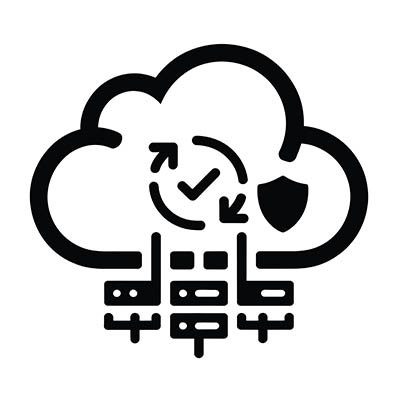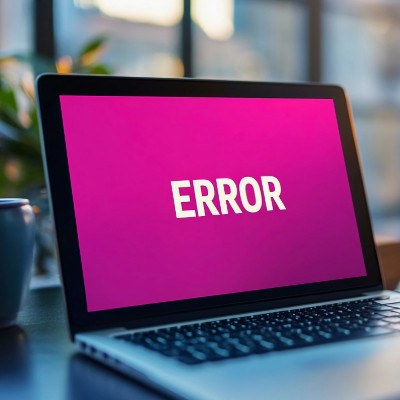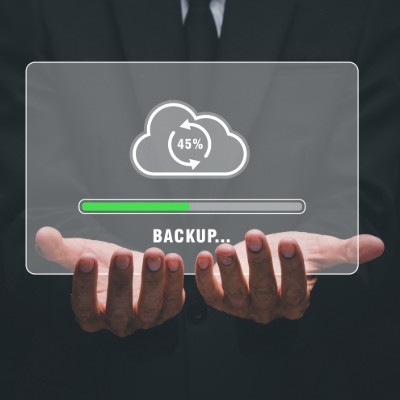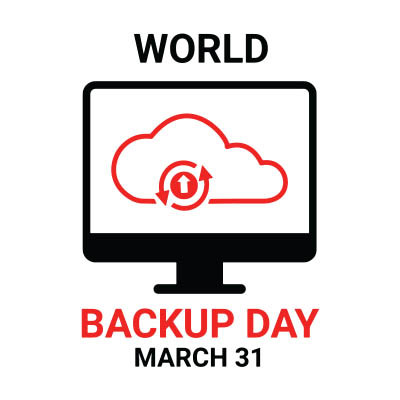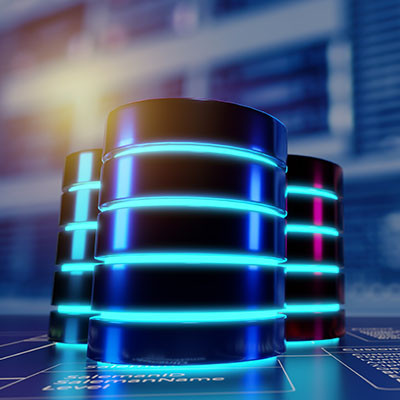Apex Technology Blog
The concept of backups isn’t new. A lot of people have a spare key, and the idea of a spare tire is pretty universally known. While either example could easily make or break someone’s day, the stakes are exponentially higher when business data is involved.
This is why a comprehensive business continuity plan—including a disaster recovery strategy, complete with backup readiness—is essential.
A backup does not truly exist until you have successfully restored from it. This is the hard truth of information technology. Many business owners and internal teams rely on the green checkmark in their software dashboard to signify safety. However, that status light can be misleading, masking deep-seated issues that only appear when a crisis begins.
If you put yourself in the shoes of an insurance company, you might find yourself thinking twice about protecting someone who actively partakes in risky behavior. The same can be said for a business insurance provider, particularly when the behavior can easily be prevented through proactive and preventative measures. This is why many insurance providers are establishing minimum safeguards and compliance requirements, if only to protect their own skins.
Technology is meant to be the wind in your business' sails, propelling you forward, simplifying tasks, and making operations smoother than a freshly paved highway, right? Sometimes, it is! Other times, it feels more like a mischievous gremlin has been let loose in the engine room, and certain seemingly small habits can escalate into full-blown operational nightmares.
Here at Apex Technology, we've seen a pattern or two. Today, let's shine a spotlight on three common technology missteps that might be silently sabotaging your productivity or even worse, leaving your digital doors wide open.
Do you know what goes into a successful data backup strategy? If not, know that your business depends on these contingencies to confidently face the challenges of today’s business world. Today, we’re breaking down the essentials of a sound backup strategy—and trust us when we say it’s more complicated than you think.
There are, plainly and simply, too many ways that a modern small or medium-sized business can experience an issue that puts their IT out of commission in one way or another. Each one can hit one of these businesses particularly hard in the wallet.
Let’s review some today and discuss how they can be resolved.
When your business’ data is so crucial to your successful operations, there are certain precautions that you simply need to take for the sake of your business’ longevity. One such precaution: data backup.
Your data is the gas that powers your business’ engine, whether you’re referring to project files and intellectual property or financial info and customer records. As such, imagine what it would mean if your business ran out of gas… or, more accurately, it was siphoned out.
Today is World Backup Day, an annual reminder that losing your data is just one accidental delete, cyberattack, or spilled drink away. The idea is simple: back up your files before disaster strikes. Because trust me, nothing ruins your day faster than realizing all your work, memories, and important files have vanished.
Running a business is already confusing enough without worrying about security at all times. Whether you’re a small business owner or a multi-level enterprise, security is just as important for all the same reasons. Today, we want to share a couple of security strategies you can implement today to feel better about the current state of your infrastructure moving forward.
Every business’ worst nightmare is a data loss incident, and if you’re caught unawares, such an incident can set you back financially and operationally for months. Today, we want to cover some of the common data your business collects that you absolutely need to have backed up. If you don’t, you could become subject to serious fines due to regulations and other industry-specific mandates.
Digital storage has exploded, in no uncertain terms, over the last few decades. While hard disk drives (HDDs) were the predominant storage format for most of that time, today’s faster and hardier solid-state drives (or SSDs) are becoming more affordable and popular.
However, there are still plenty of HDDs out there, all far more prone to breaking than their more advanced counterparts. So, how can you tell when a hard drive failure is pending?
We have frequently espoused the benefits of data backups, referring to how critical they are should your business experience a disaster at any scale. However, there is always the concern that your backups could also be altered negatively. This is one reason that immutable backups exist.
Let’s take a few moments to examine the concept of an immutable backup and its benefits.
Nowadays, businesses need to be prepared for almost every circumstance. You may have heard the term “BDR” used to describe a method of attaining this level of preparation. We wanted to discuss this term in more depth, covering what it refers to and what you need to do to protect your business should BDR be right for you.
Spoiler alert: it very much is.
You don’t need us to tell you that ransomware is a problem (or maybe you do–we mean, it’s a huge problem). It’s dangerous to both businesses and individuals, and it has become such a common threat that all organizations need to have a plan in place to address it with their staff. Today, we want to highlight a three-part strategy that you can use to approach ransomware in the most secure way possible.
“It won’t happen to me.” This is a common excuse amongst business owners who refuse to equip their network with a comprehensive data backup and recovery solution. They may feel like they’re careful enough to avoid a major data loss-causing disaster. Yet, the inconvenient fact remains that a disaster can happen to any business, no matter how prepared they may be.


